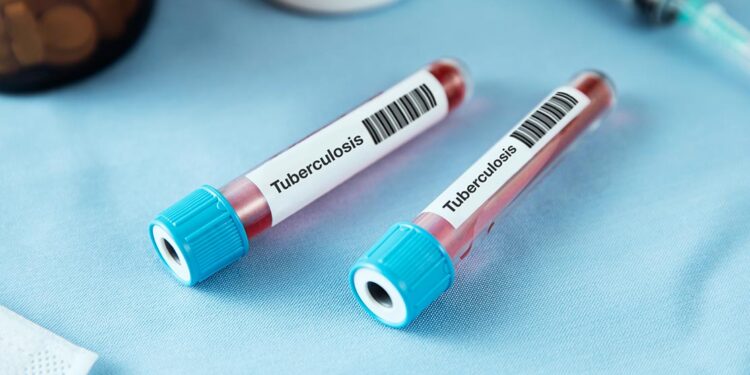
Source: Anthonia Obokoh

Despite recent strides in tuberculosis (TB) case detection, Nigeria’s fight against the disease faces a critical turning point. Over 50,000 people have tested positive for TB across the country, but many are still not receiving treatment, according to the Global Fund to Fight AIDS, Tuberculosis and Malaria.
This revelation was made by Mr. Ibrahim Tajudeen, Executive Secretary of the Global Fund Country Coordinating Mechanism (CCM) Nigeria, during the 11th quarterly meeting of the Ministerial Oversight Committee (MOC) for the Basic Health Care Provision Fund (BHCPF), held on Monday in Abuja.
While intensified screening has helped to identify TB-positive individuals, Tajudeen expressed concern over the inability to place many of them on treatment. The reason? Funding constraints.
“We have successfully screened more than 50,000 people who are TB-positive, but we are unable to begin treatment for many due to limited resources,” Tajudeen said.
He emphasized that this gap is undermining Nigeria’s ability to curb the spread of TB, a disease that remains preventable, curable—and deadly if untreated.
Tajudeen attributed part of the treatment delay to the reprioritization of activities under a new Global Fund grant, which has caused disruptions in previously planned interventions.
“The Country Coordinating Mechanism is expected to confirm its alignment with the revised funding allocation by July 14. This decision will determine whether those affected can access life-saving treatment,” he noted.
Despite funding challenges, Nigeria has made significant progress in TB detection infrastructure:
Additionally, the country has secured a $95.5 million donor commitment to support ongoing interventions. But Tajudeen warned that several activities—including drug procurement and training—remain suspended due to budget shortfalls.
The executive secretary issued a strong warning:
“Screening alone is not enough. Without treatment, we risk fueling the very epidemic we seek to control.”
Tuberculosis continues to be one of the leading infectious disease threats in Nigeria and one of the top 10 causes of death globally, according to the WHO. Experts argue that untreated TB patients pose a serious public health risk due to continued transmission.
As Nigeria edges closer to a potential TB treatment crisis, stakeholders are urging:
“We’re making great strides in detection, but we must close the care gap. Every untreated patient is a ticking time bomb,” said one public health advocate.
The detection of over 50,000 TB cases represents both progress and a crisis. Without prompt access to treatment, Nigeria risks undermining years of effort and exposing millions to the threat of an avoidable and treatable disease.